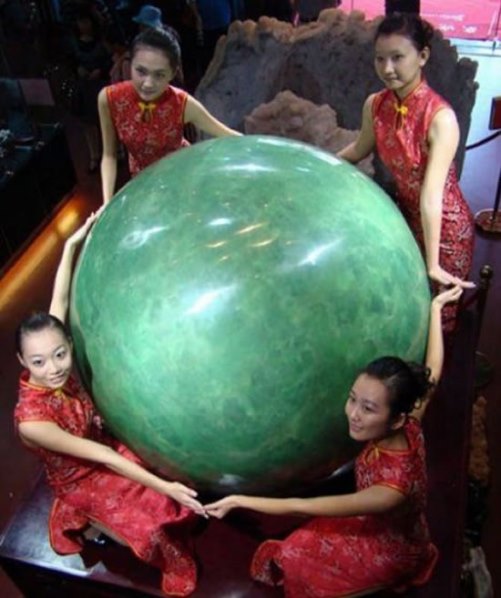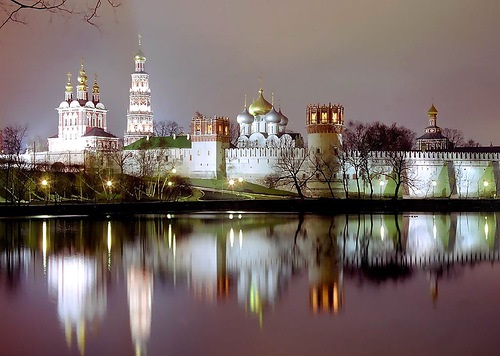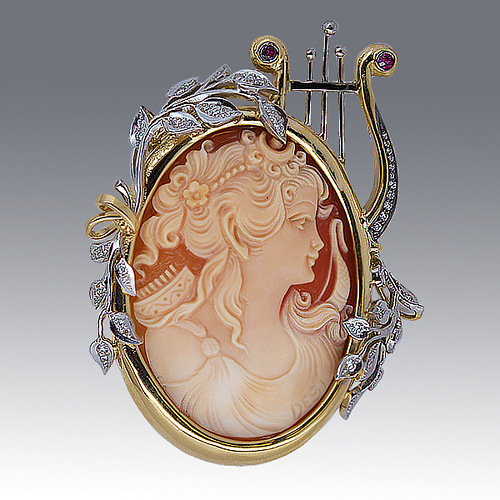Hereditary performer of female roles Mei Lan Fang
Richly decorated with embroidery and gold headdresses; shoes and boots, sewn from morocco or satin, studded with pearls and precious stones; head crowns and tiaras with enamel; great belt, swords and sabers, braid, lace, anxiously shaking shiny diamonds … ” – the suits of Peking Opera actors, led by Hereditary performer of female roles Mei Lan Fang. A few relics of his costume remained in the Soviet Union. Among them – three headdresses of Mei Lanfang, which the great Peking Opera actor gave to the Soviet Union in 1936 in commemoration of Moscow and Leningrad tours. Mei Lanfang was adored in China. About him said: “One of his smiles is a spring of millennia, one breath – the autumn of thousands of years.” Artist in the fourth generation, he played female roles, debuting at the age of 12, when he was an orphan, and by 16 years old became famous playing in the Tian-yuan yo theater – “Garden of celestial music” – in the then capital of China Peipiņa. He was famous – to look at the young celebrity came from the most remote places of China.

Mei Lan Fang (1894-1961), the Chinese actor-singer of Peking musical drama, director, teacher, artist and social activist
Mei Lan Fang later earned fame as a great reformer of stage, the creator of “new theater of ancient forms.” In his famous article, “The Witch of Pear Orchard” Eisenstein wrote that Mei Lanfang returned synthesis of Chinese theater, where the north prevailed vocals and heroic themes, and in the south – entertainment and romance stories (even reflected in the language – so Northerner listened to the play, and Southerner looked).
Fine connoisseur of Chinese and Japanese cultures, Sergei Eisenstein first heard about Mei Lan Fang from another of his ardent admirer – Charlie Chaplin. Communication between Eisenstein and Mei Lanfang continued after the Soviet tour – in correspondence. Under the direction of Eisenstein was filmed a documentary for the arrival of Mei Lanfang. And Mei Lan Fang was not indifferent to the achievements of Soviet art – he wrote: “Stanislavski got deep into my memory, he had an enormous influence on the development of my art.” Russian ballerina Galina Ulanova impressed Mei Lanfang, he was shocked by her dance, and presented to her the Chinese national costume from the ballet “The Red Poppy”.
In the exotic Peking Opera Russian artists and filmmakers saw and experienced many deep similarities. So, Huon noted many similarities between theatrical costumes of Old Beijingers with Russian national costume. Eisenstein saw in Chinese Theater “realistic qualities of Russian drama.” And Russian theater director Meyerhold even stated that Mei Lanfang implemented “covenants of Pushkin” who did not recognize the likelihood in obviously improbable dramatic art. In short, a tour to the USSR became truly momentous.
Meyerhold said, : “How many sins we have found ourselves after the show of the work of these wonderful artists!” – He exclaimed. “We have a lot of actresses, but I have not seen any actress on our stage, who would transmit the feminine that Dr. Mei Lanfang does”.
In 1955, the Chinese star of the stage became the first director of the Beijing Opera Theater. And in 1958, he could be seen on the front line of Fujian front – he played for the soldiers one of his classic roles. You can imagine how he raised the spirit of the soldiers by the famous heroines of antiquity, who were high samples of valor and courage. In his roles, he helped his compatriots again feel and appreciate the talent, courage and spiritual beauty of women in China.
Mei Lan Fang died in 1961, and until the last day of his life he did not leave the scene. With a single break in the years of the Japanese occupation – when the artist did not want to speak in front of the enemy, he grew a mustache, and pointedly refused to work in the theater. In 1986, China’s capital has opened his house-museum. Among the exhibits – a picture of the poet and artist Gao Mann on rice paper shows Mei Lanfang with Stanislavsky, Meyerhold, Chaliapin, Vertinsky, Tairov, famous Sinologist Alekseev, writer Tretyakov and other Russian friends of China. According to the author, this picture is not so much fiction – all of them could be the guests of a great artist, the interest that has been simmering, and half a century after his death.
So, one of the most remarkable films of the Berlin Film Festival in the year before the film became a classic of Chinese cinema, 2008 “Mei Lanfang” by a Chinese film director Chen Kaige.
A biopic on the life of Mei Lan Fang (1894-1961), the Chinese actor-singer of Peking musical drama, director, teacher, artist and social activist who became famous for the performance of female roles.
«Mei Lanfang» – historical, musical drama based on real events in 2008. The film was nominated for several European and Asian awards, underlining its importance. I watched this movie with Russian subtitles, and would love to watch it again.
Hereditary performer of female roles Mei Lan Fang
sources:
http://rusiti.ru/
www.kinopoisk.ru


































